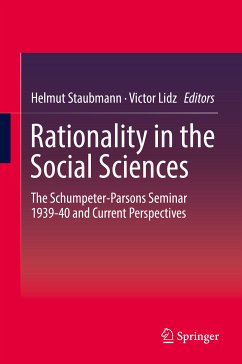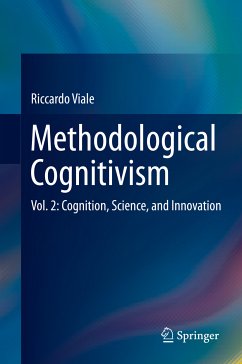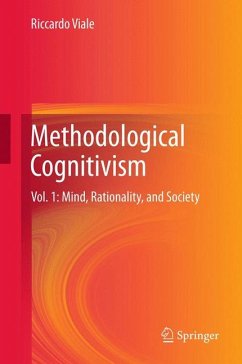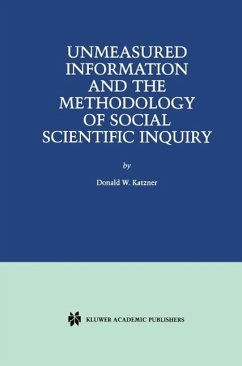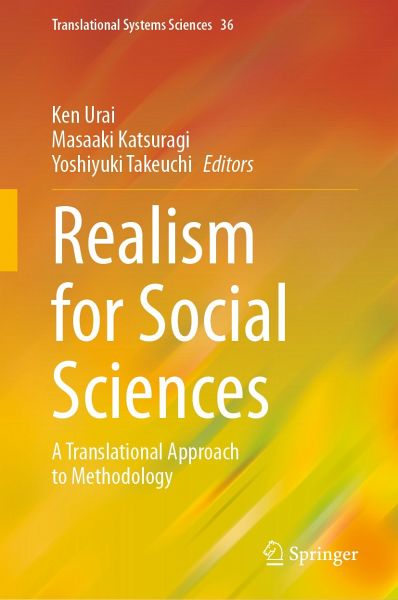
Realism for Social Sciences (eBook, PDF)
A Translational Approach to Methodology
Redaktion: Urai, Ken; Takeuchi, Yoshiyuki; Katsuragi, Masaaki
Versandkostenfrei!
Sofort per Download lieferbar
96,95 €
inkl. MwSt.
Weitere Ausgaben:

PAYBACK Punkte
48 °P sammeln!
This book discusses the growing interest in realism in social sciences of the twenty-first century. The first part of this book provides recent discussions on realism in philosophy. The second part describes specific problems that have returned to realism in various fields of the social sciences, such as economics, cultural anthropology, management science, and statistics. This book clarifies what kinds of movements are taking place and consequently the direction in which the social sciences are heading in the future. Readers would also find that there is great diversity in the way realism and...
This book discusses the growing interest in realism in social sciences of the twenty-first century. The first part of this book provides recent discussions on realism in philosophy. The second part describes specific problems that have returned to realism in various fields of the social sciences, such as economics, cultural anthropology, management science, and statistics. This book clarifies what kinds of movements are taking place and consequently the direction in which the social sciences are heading in the future.
Readers would also find that there is great diversity in the way realism and reality are perceived and understood, depending on the objectives and circumstances of each field of social science. This suggests that rather than having a unified view (stance) of realism and reality, it may be more meaningful to value the differences, diversity, and range itself. Therefore, this book does not present a unified view of realism, reality, and actuality. Although the definitions of realism and reality may differ from chapter to chapter, this represents a corner of the current state of the social sciences.
This book is unique in that it examines how the issues of realism and reality are viewed, understood, and dealt with in the various fields of social science, instead of examining them by philosophers and philosophers of science. This would clarify how philosophical discussions have been translated into the various fields of social science.
Dieser Download kann aus rechtlichen Gründen nur mit Rechnungsadresse in A, B, BG, CY, CZ, D, DK, EW, E, FIN, F, GR, HR, H, IRL, I, LT, L, LR, M, NL, PL, P, R, S, SLO, SK ausgeliefert werden.



